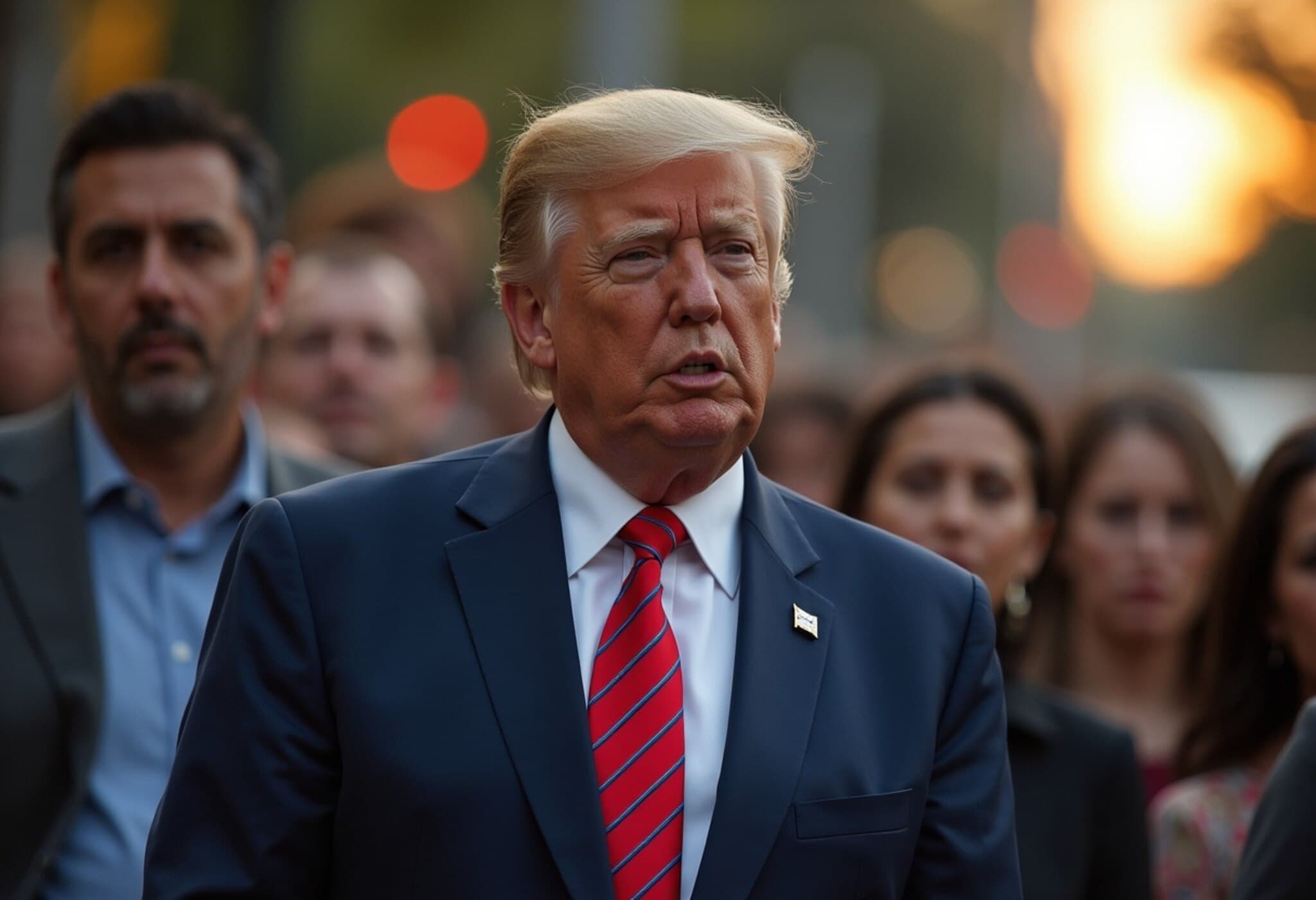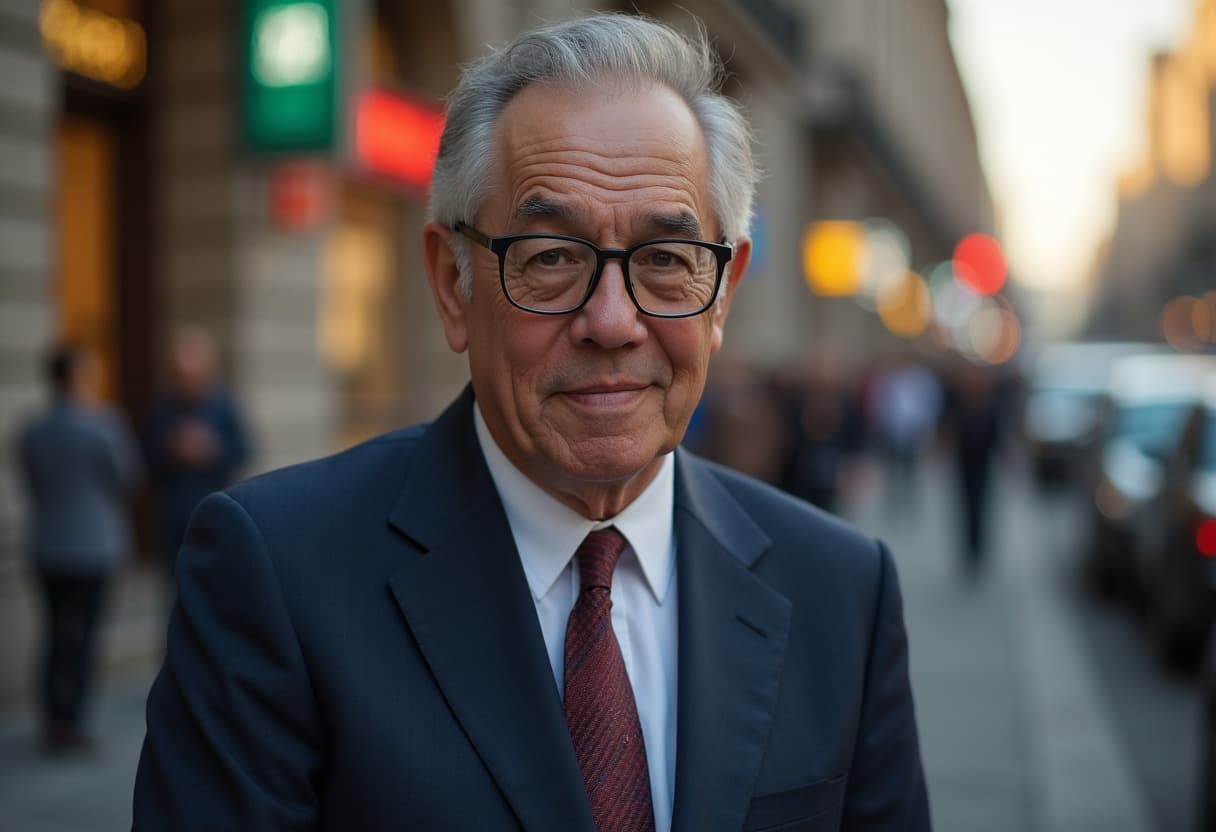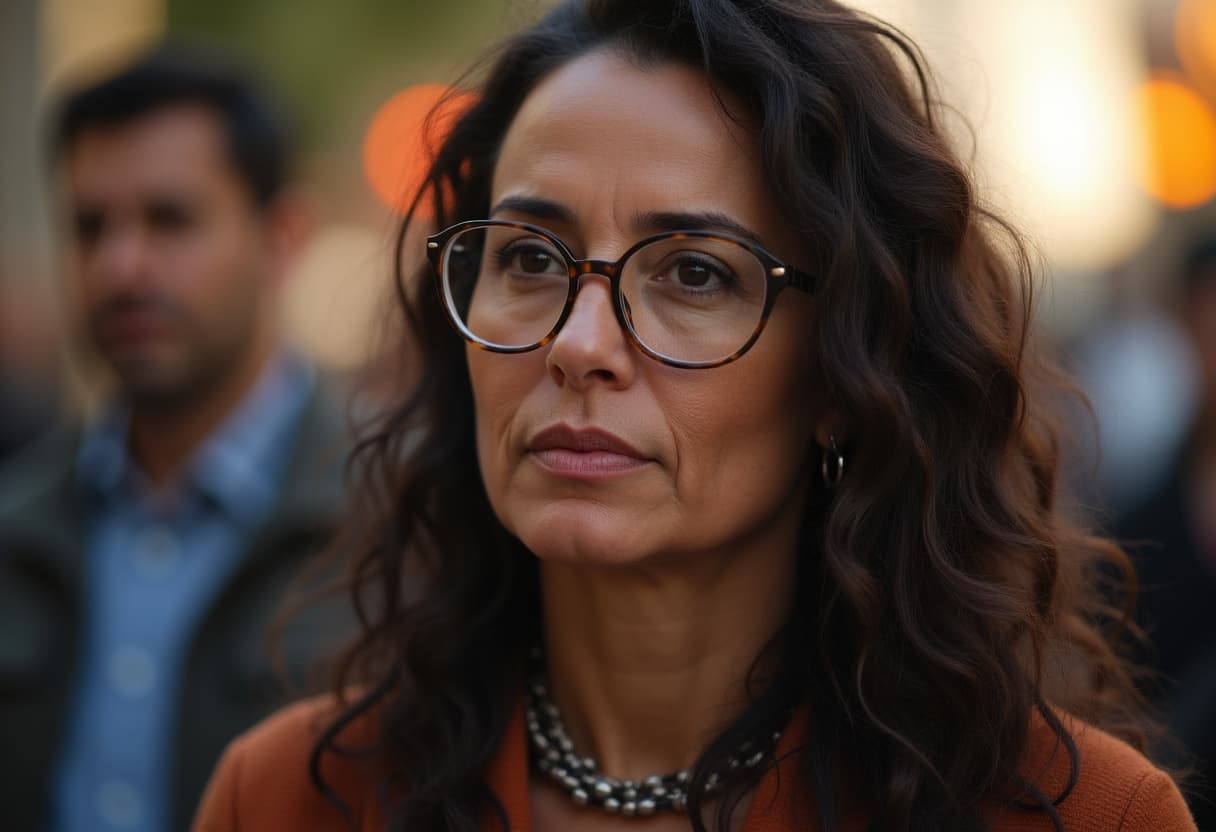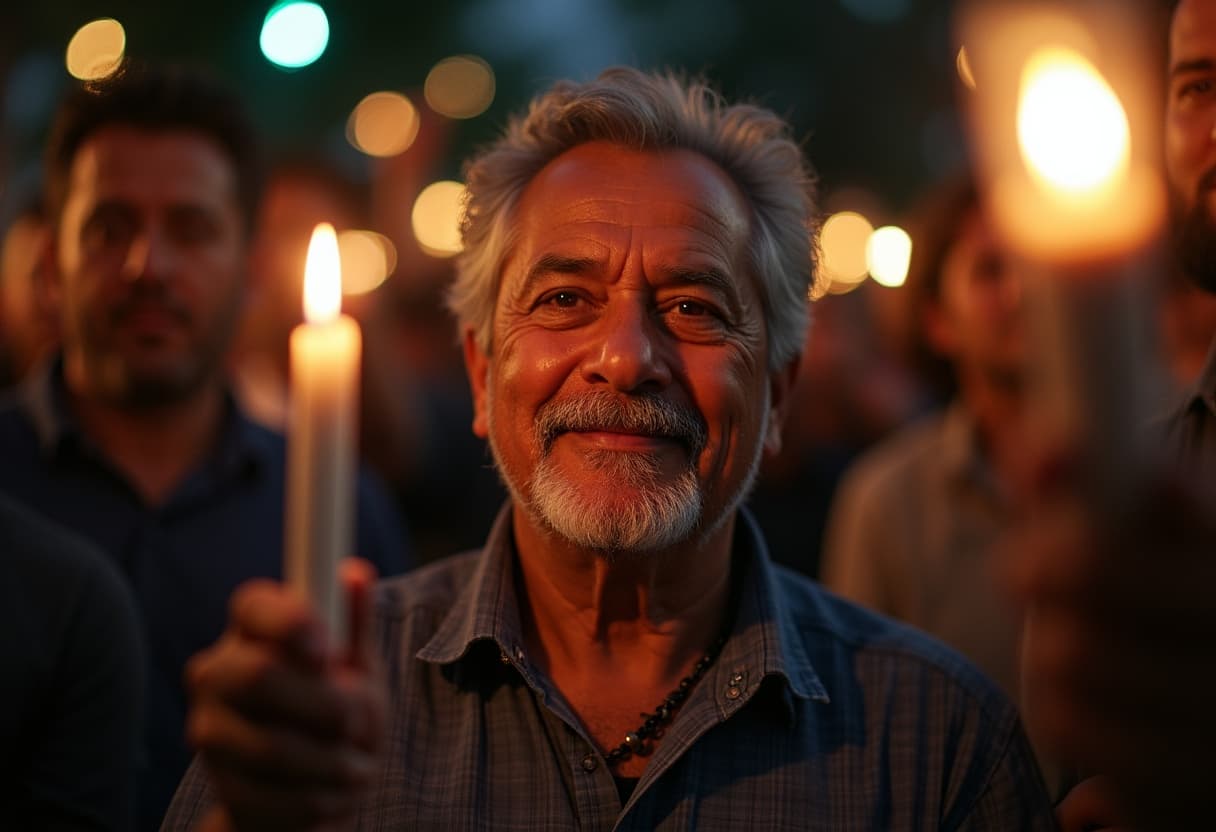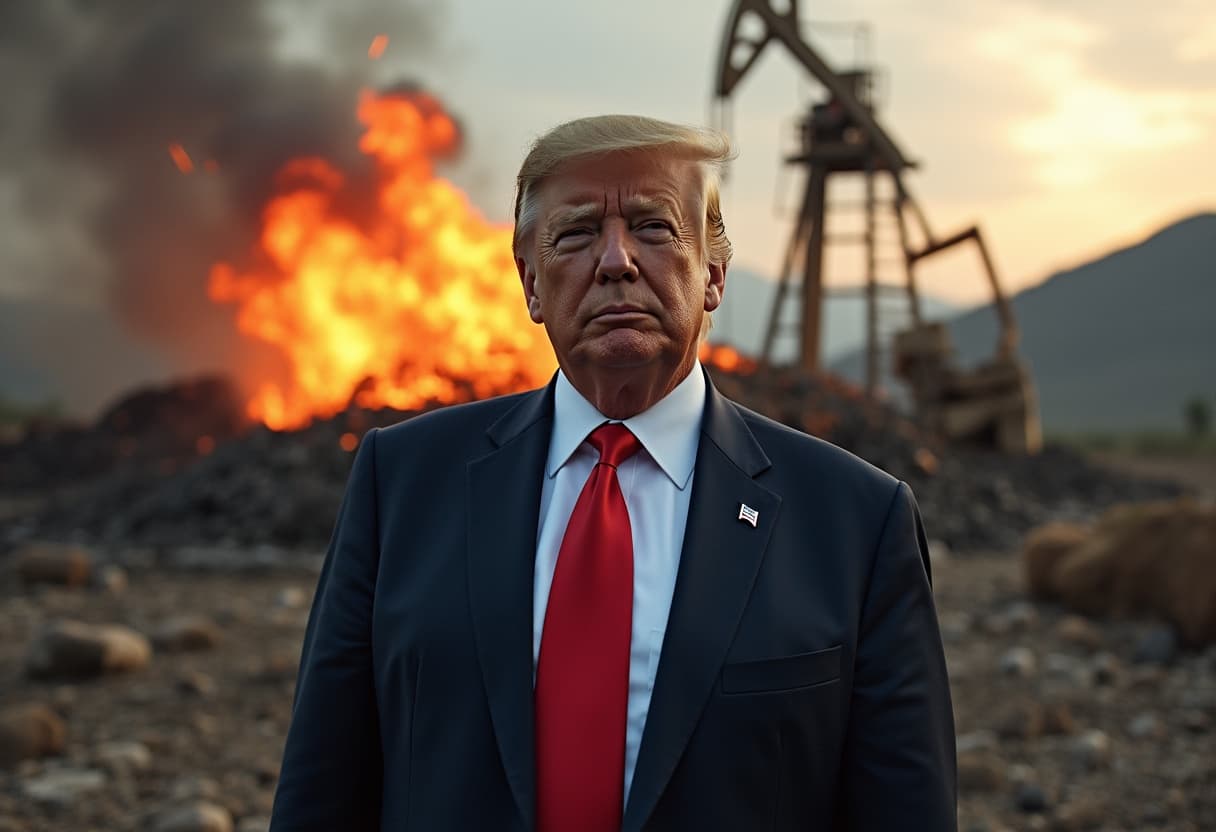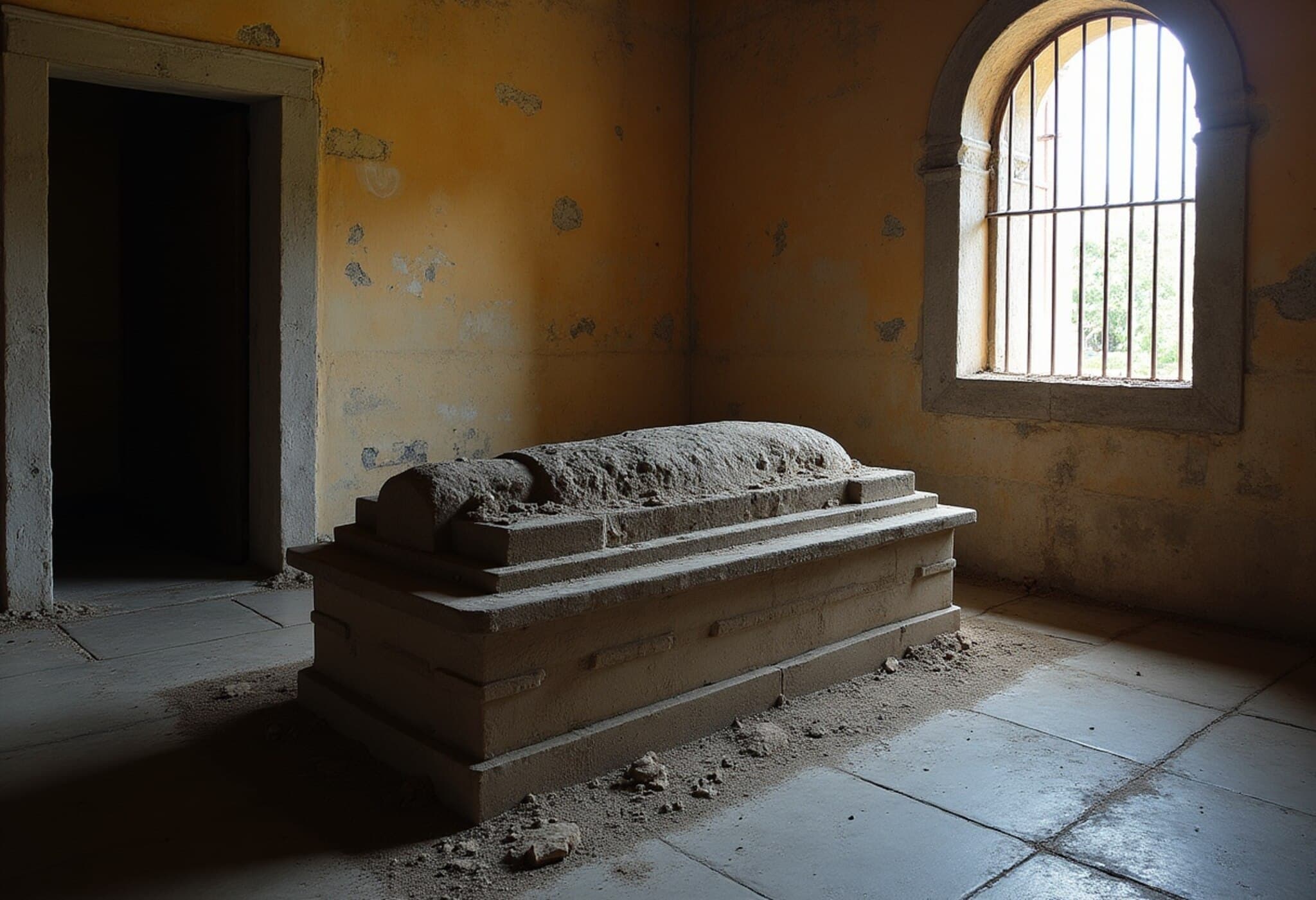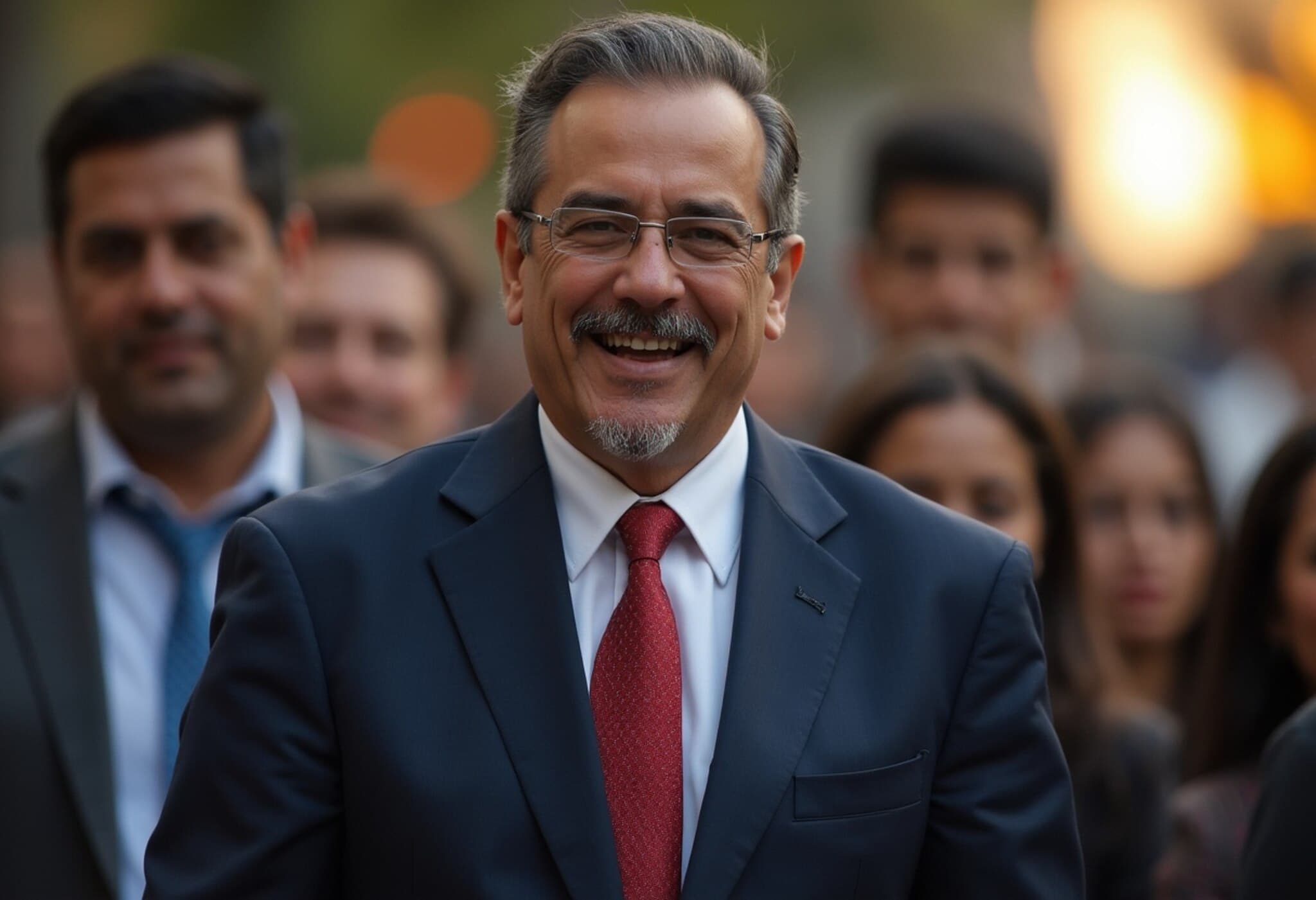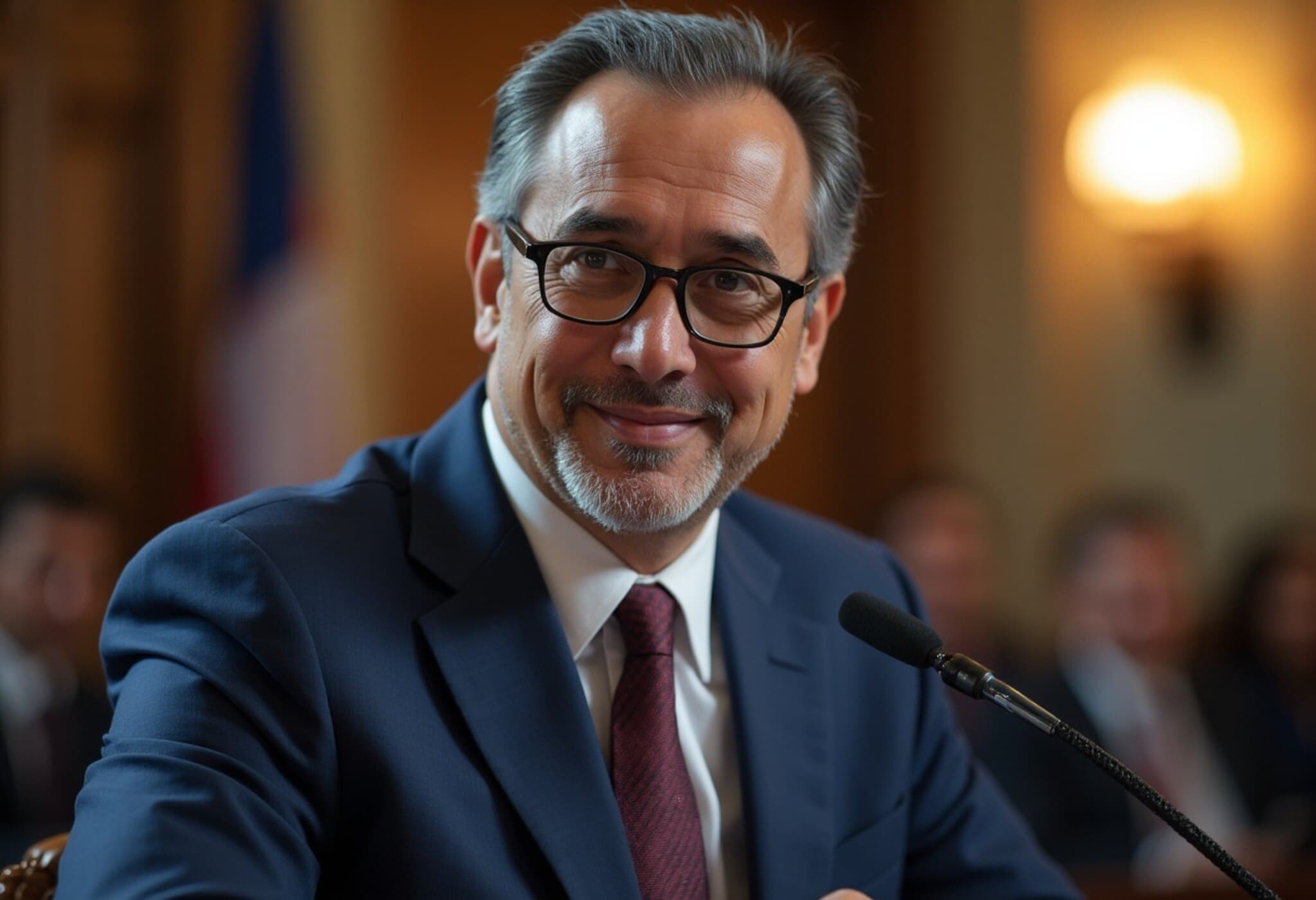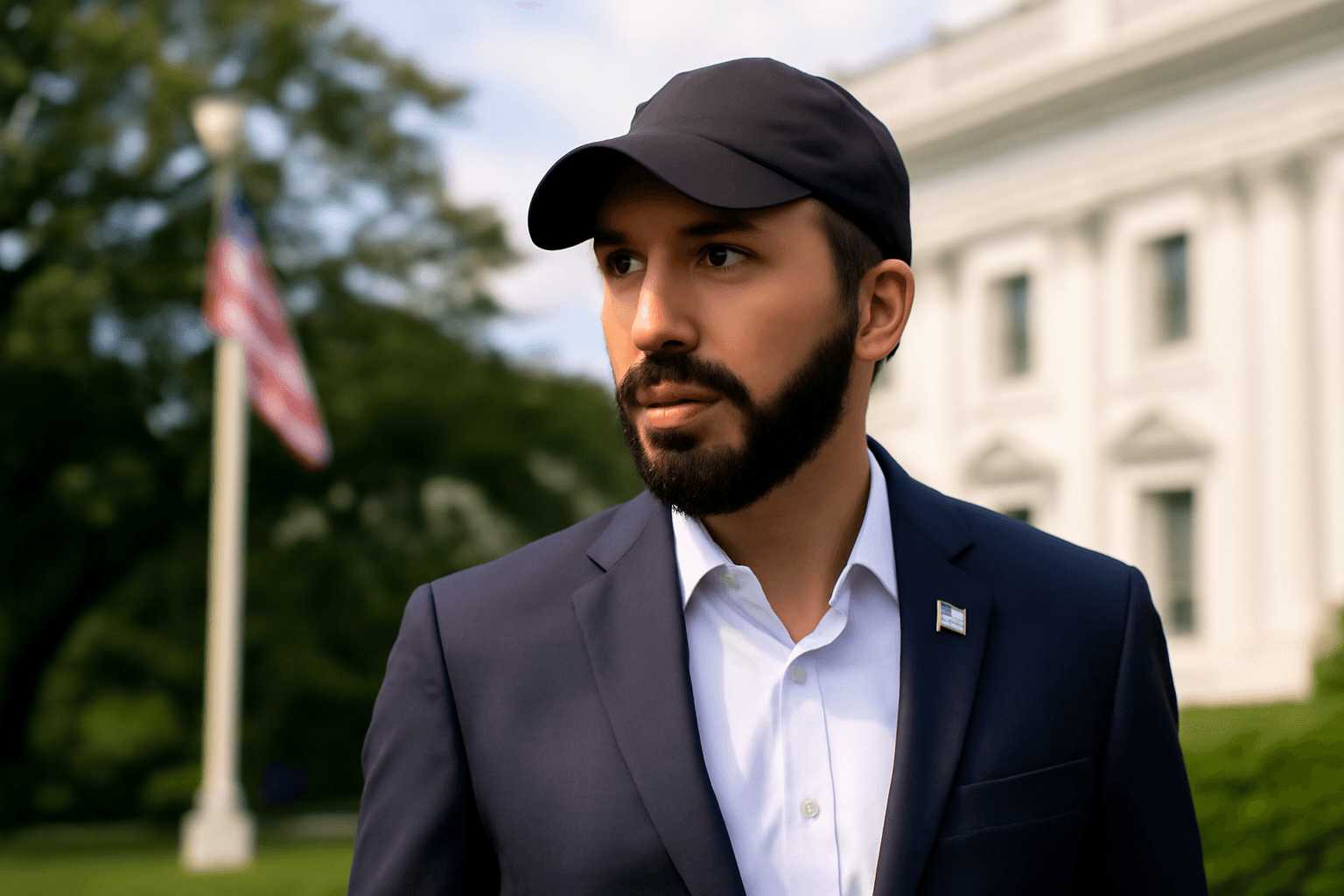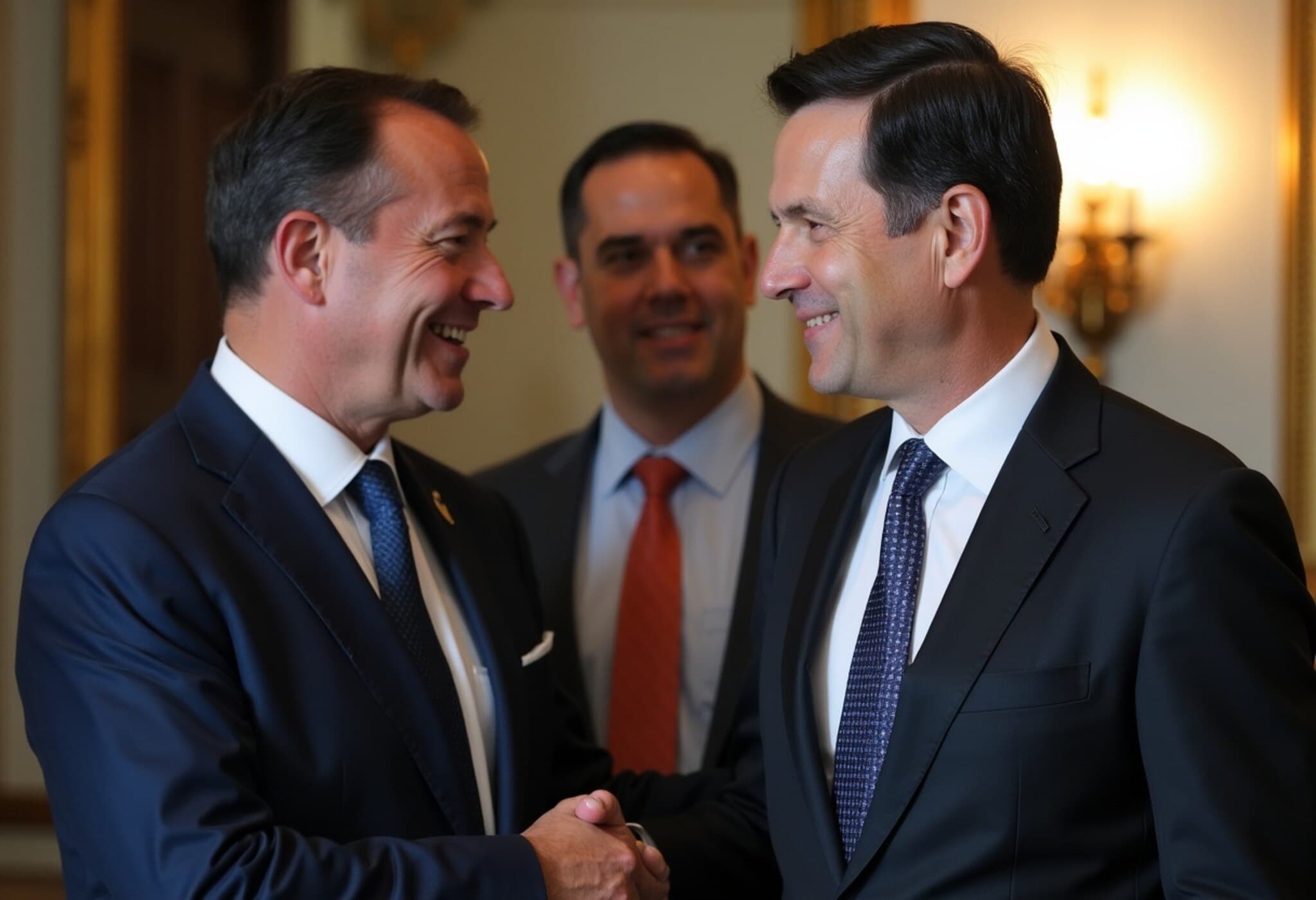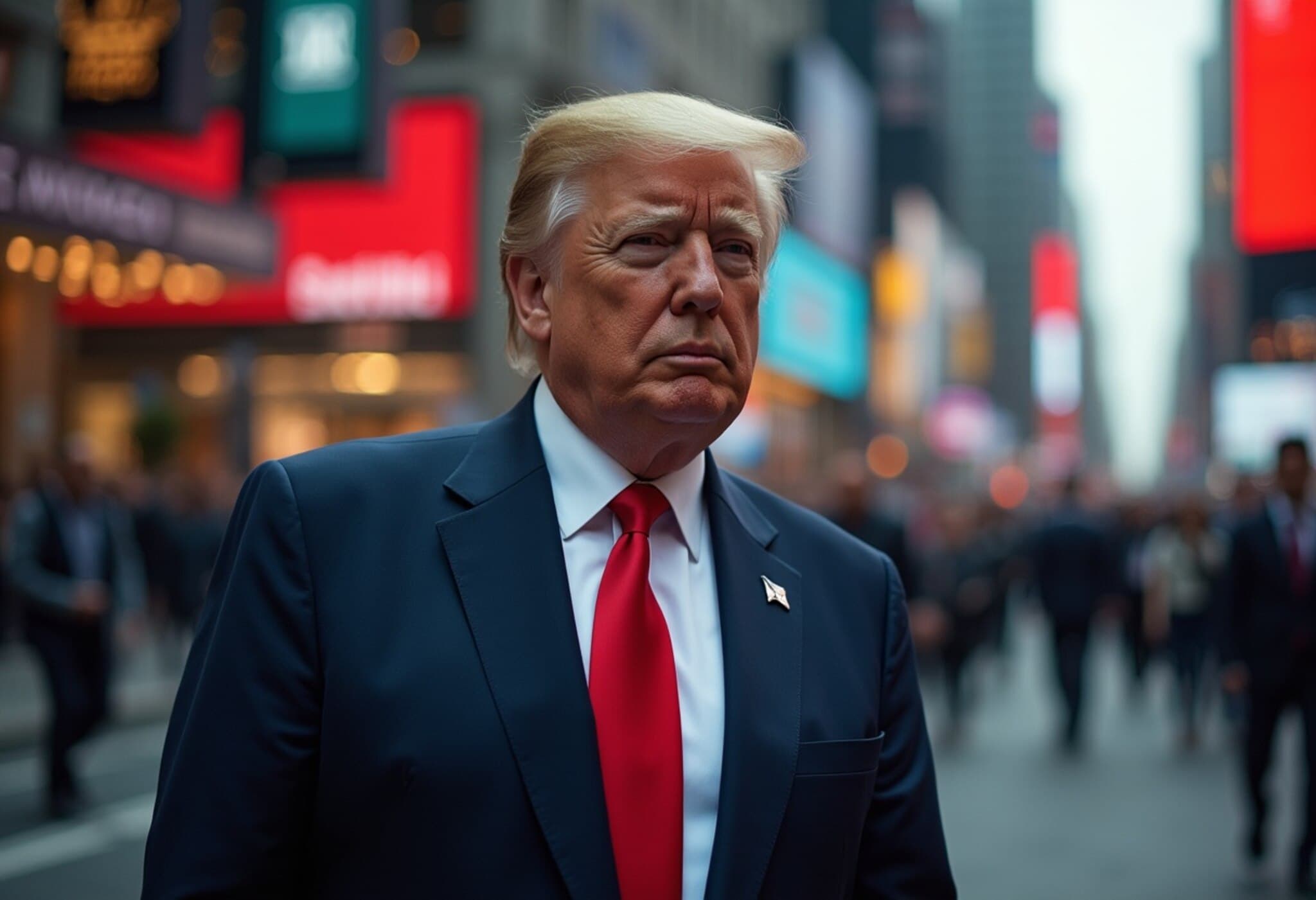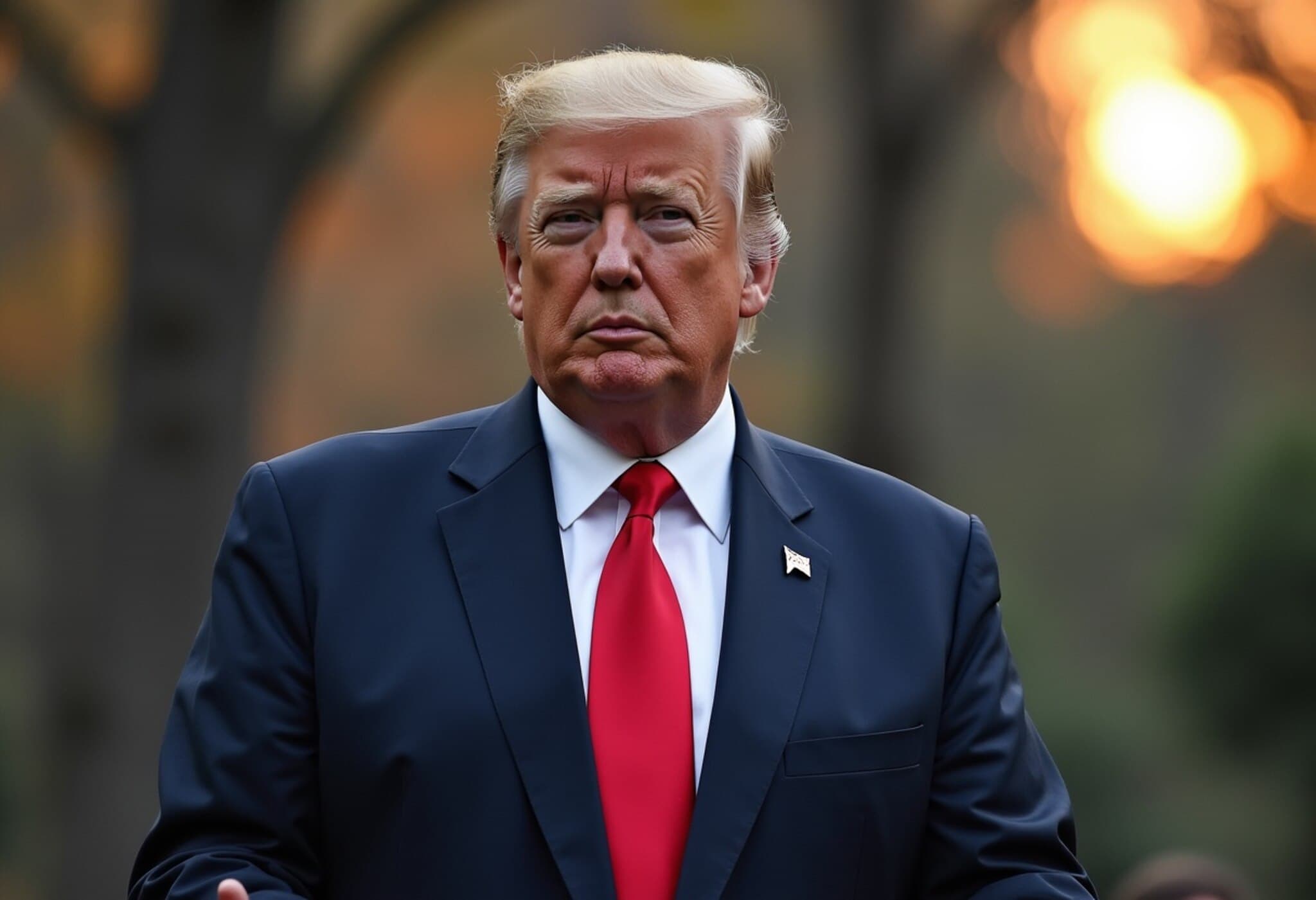El Salvador Rewrites Constitution, Allowing Bukele Unlimited Re-election
In a bold political maneuver, El Salvador's National Assembly has approved constitutional amendments that effectively end presidential term limits, enabling President Nayib Bukele to seek re-election indefinitely. The legislature, dominated by Bukele's Nuevas Ideas party, also extended the presidential term from five to six years, a change that could deepen and prolong his grip on power.
From Term Limits to Extended Terms: What Changed?
Until now, the Salvadoran Constitution prohibited presidents from serving consecutive terms, a safeguard designed to prevent prolonged authoritarian rule. However, after Bukele’s allies reshaped the Supreme Court with new judges, the court reinterpreted this provision, clearing Bukele’s path for a second term in 2024—the very same year he won re-election despite the constitutional constraint.
On August 1, 2025, the National Assembly voted 57 to 3 in favor of amendments to five constitutional articles. These changes mean presidential elections will now align with legislative and municipal election cycles, according to Ana Figueroa, the lawmaker spearheading the amendments. Notably, Figueroa highlighted that, unlike the presidency, local legislators and mayors have never faced term limits.
Bukele’s Consolidation of Power: Gains and Controversies
The 44-year-old president has dramatically reshaped El Salvador’s political landscape. Since his election in 2019, Bukele has earned praise for drastically lowering violent crime rates, particularly gang-related killings and extortion, through aggressive security policies and mass arrests.
However, this tough stance on gangs comes with significant trade-offs. Human rights groups warn that civil liberties have sharply declined under Bukele’s administration, citing curbs on free speech, press freedom, and judicial independence. His own words signal a hardline approach: in June 2025, he infamously stated he would "rather be called a dictator than let criminals operate with impunity."
International Ramifications and U.S. Relations
Bukele has also emerged as a key ally of former U.S. President Donald Trump in Latin America. Their collaboration became evident when Bukele’s government agreed to accept deported MS-13 gang members expelled from the United States, under Trump’s deportation policies aimed at combating transnational crime. This cooperation has drawn attention to Bukele’s regional influence and his willingness to engage in tough security partnerships, even as concerns grow over democratic erosion at home.
The Road Ahead: What This Means for El Salvador
- Extended term length: The presidential term will increase from five to six years.
- Term limits removed: Bukele can now run for unlimited consecutive terms, potentially ruling El Salvador for the foreseeable future.
- Election synchronization: Presidential elections will coincide with municipal and legislative elections to presumably streamline governance cycles.
- End of current term: Although Bukele’s present term was set to end in 2029, the shift may conclude it by 2027, at which point he could seek a six-year term.
This consolidation raises critical questions about the future of El Salvador’s democracy. While crime rates have fallen, the long-term impact of dismantling institutional checks could challenge democratic norms and human rights protections.
Expert Analysis: A Double-Edged Sword for El Salvador’s Democracy
Political analysts caution that Bukele’s maneuver is a textbook example of "democratic backsliding," where the veneer of elections masks growing authoritarianism. The United States, a traditional partner and aid donor to El Salvador, now faces a diplomatic balancing act: supporting security progress while voicing concerns over weakening democratic institutions.
Moreover, this development sets a regional precedent. Other Latin American leaders observing Bukele’s strategy might feel emboldened to weaken term limits and manipulate judicial systems to extend their power.
As El Salvador’s political clock resets, international observers and nationwide citizens alike grapple with whether increased stability and security justify the costs to constitutional safeguards and civil liberties.
Editor’s Note
El Salvador’s constitutional overhaul exemplifies the tension between security-driven governance and democratic freedoms. President Bukele’s ability to end term limits and extend his tenure challenges traditional checks and balances critical for democratic vitality. This story invites readers to reflect: How should nations balance urgent law-and-order demands with preserving long-term democratic resilience?
As the world watches, El Salvador’s unfolding political experiment could shape the future of governance across Latin America — and beyond.

